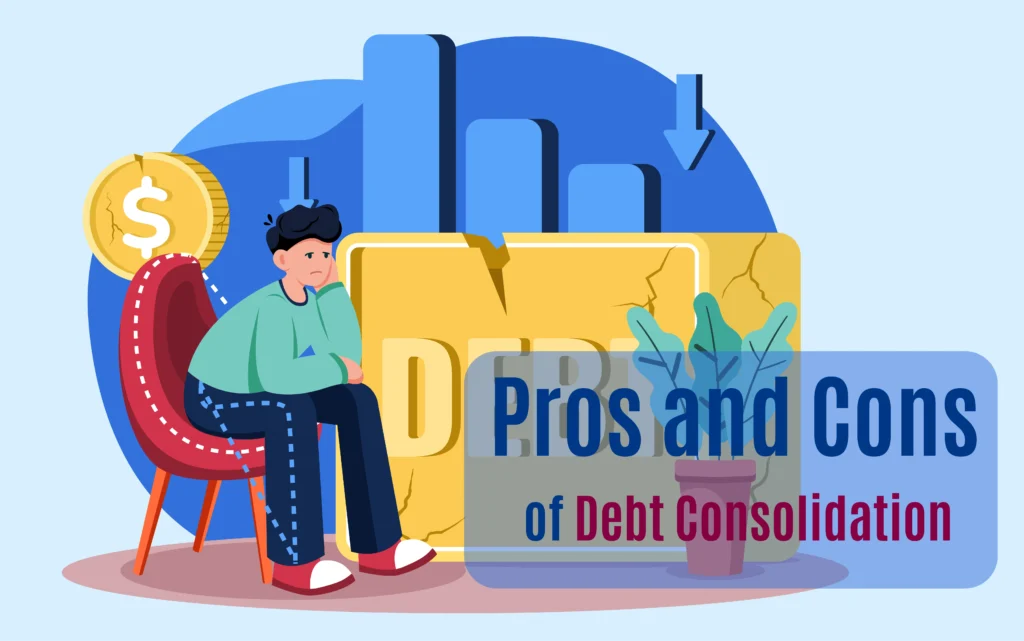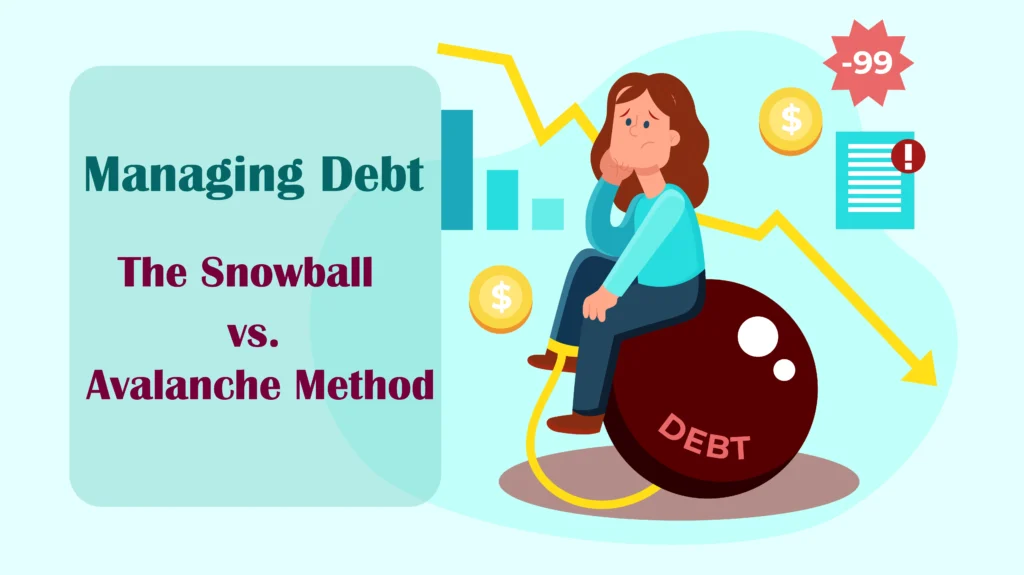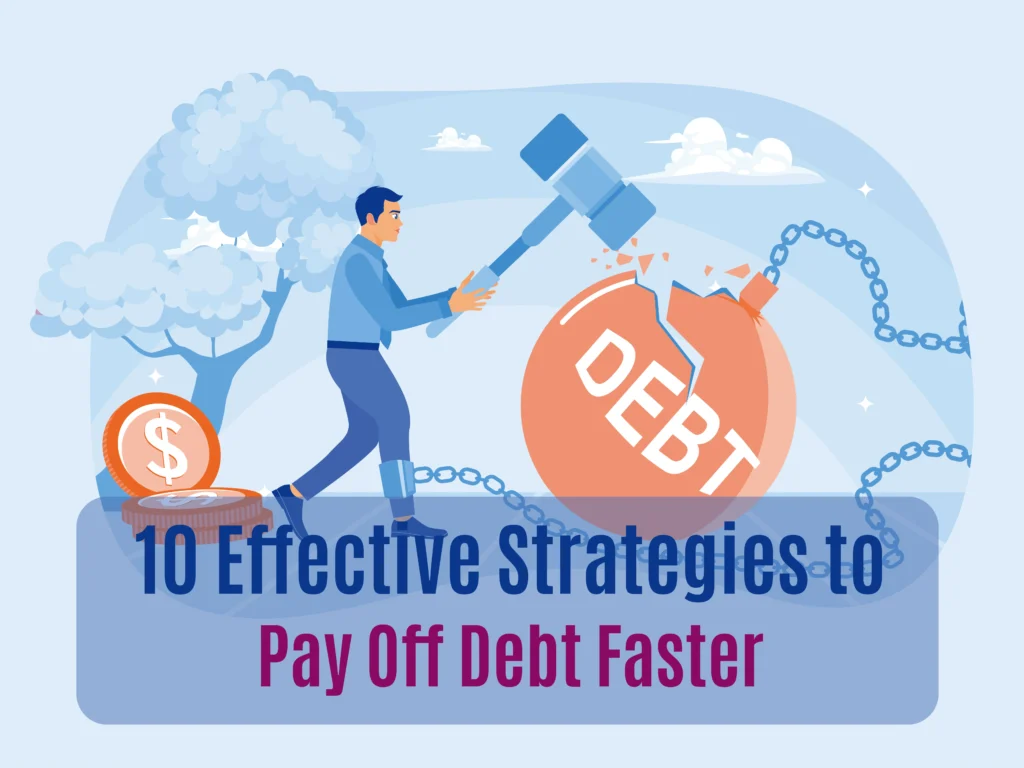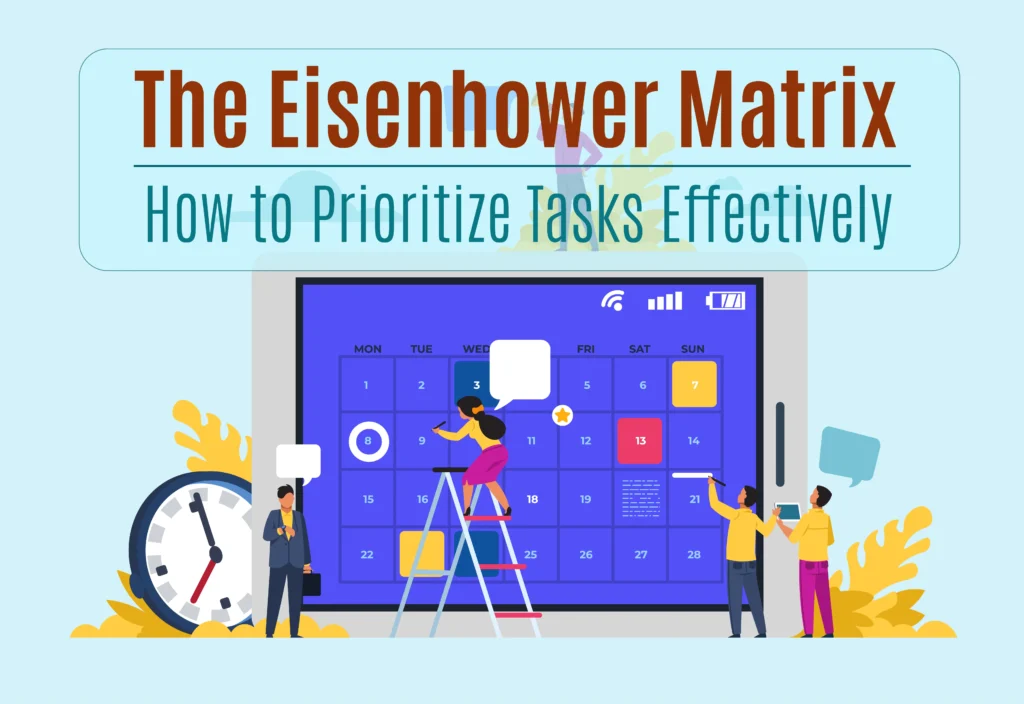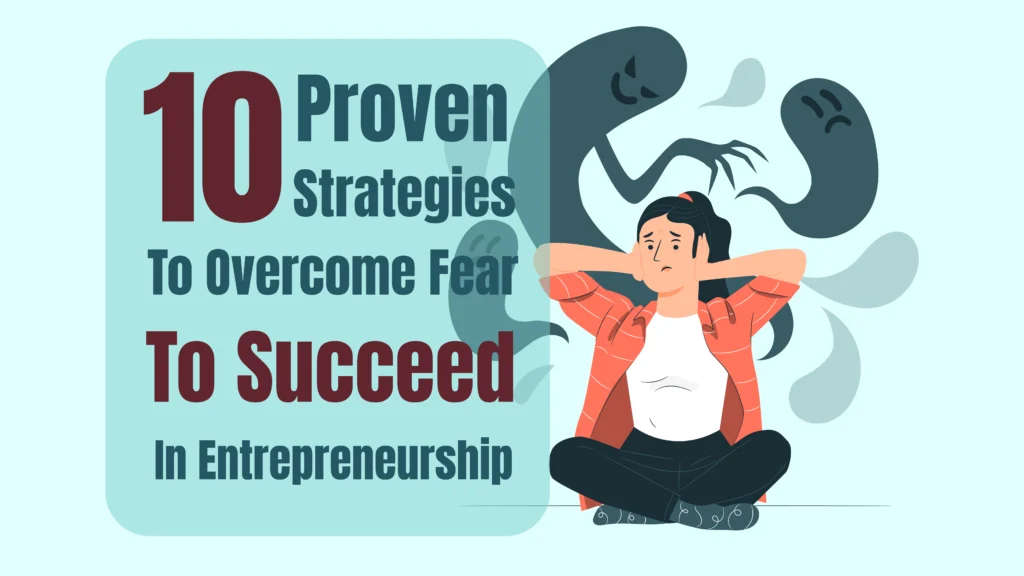Why Resilience is Important in Entrepreneurship
Entrepreneurship is a journey filled with both triumphs and tribulations. While the allure of building something from the ground up, achieving financial independence, and pursuing passion fuels many to take this path, the reality is that it comes with countless obstacles. From financial uncertainties to the inevitable failures that come with experimentation, entrepreneurs often face challenges that can test their resolve. In this context, resilience – the ability to recover from setbacks, adapt to change, and keep pushing forward – is arguably one of the most critical traits for entrepreneurial success.
In this blog, we’ll explore why resilience is essential in entrepreneurship, how it helps business owners overcome failure, and what strategies can be employed to build and maintain resilience throughout the entrepreneurial journey.

The Role of Resilience in Overcoming Failure
Failure as a Part of Success
In entrepreneurship, failure is not just a possibility—it’s an inevitability. Every entrepreneur, no matter how successful, has experienced some form of failure along the way. It could be a failed product launch, a missed business opportunity, or even the collapse of an entire company. However, what differentiates successful entrepreneurs from the rest is how they respond to failure. Resilient entrepreneurs view failure not as a stopping point but as a critical learning experience.
Learning from Setbacks
Setbacks are not the end of the road but opportunities to learn. When a product fails, or a market strategy doesn’t deliver the expected results, resilient entrepreneurs take time to analyze what went wrong. This allows them to adjust their approach and try again with improved strategies. Instead of seeing failure as a permanent state, resilient entrepreneurs understand that it is temporary and part of the larger process toward eventual success.
Turning Adversity into Opportunity
Resilience allows entrepreneurs to turn adversity into opportunity. This often involves pivoting—a common practice in startups where entrepreneurs change course based on new information or unforeseen challenges. Many successful businesses today were not what they originally set out to be. For example, Instagram started as a location-based check-in app before pivoting into the photo-sharing platform we know today. It was resilience that enabled the founders to identify what wasn’t working, make tough decisions, and capitalize on emerging opportunities.
Case Studies of Entrepreneurial Resilience
Famous Entrepreneurs Who Bounced Back
There are numerous examples of entrepreneurs who failed before finding success. Steve Jobs, co-founder of Apple, was famously ousted from the company he helped create, only to return years later and lead it to unprecedented heights. His resilience in the face of rejection and failure allowed him to continue innovating and ultimately regain control of the company.
Similarly, Oprah Winfrey faced significant setbacks early in her career, including being demoted from a news anchor position. Her resilience helped her turn these challenges into motivation to build a media empire. These examples illustrate that resilience is not just about surviving failure but using it as fuel to create something even better.
Lessons from Failure
The key takeaway from these examples is that failure is a common thread in entrepreneurship, but resilience is the thread that holds successful entrepreneurs together. Entrepreneurs who bounce back from failure are those who are willing to learn, adapt, and keep moving forward, no matter how tough the road may seem. They understand that each setback brings them one step closer to success.
Resilience and Mental Health in Entrepreneurship
Stress and Anxiety in Entrepreneurship
Entrepreneurs are under constant pressure. They face financial stress, the responsibility of managing teams, the uncertainty of market conditions, and the fear of failure. All of these stressors can take a significant toll on an entrepreneur’s mental health. Resilience helps in managing this stress by allowing entrepreneurs to develop coping mechanisms that protect their mental well-being.
The Mental Toll of Entrepreneurship
Entrepreneurship often requires long hours, high levels of dedication, and the ability to handle uncertainty. The emotional and mental burden of constantly making decisions that can determine the future of the business can lead to anxiety and burnout. Without resilience, entrepreneurs can become overwhelmed, leading to poor decision-making or even quitting altogether. Resilience helps entrepreneurs maintain perspective, manage stress, and stay focused on long-term goals even when the pressure mounts.
Managing Emotional Fatigue
Emotional fatigue is a real challenge for entrepreneurs, particularly those who are running their businesses single-handedly or with limited support. Resilience enables entrepreneurs to recognize when they are becoming emotionally drained and take proactive steps to manage it, such as taking breaks, seeking support, or adjusting workloads. By managing emotional fatigue effectively, resilient entrepreneurs can maintain their energy and enthusiasm over the long haul.
Building a Positive Mindset
Fostering Optimism
A key element of resilience is maintaining a positive outlook, even in the face of adversity. Resilient entrepreneurs cultivate optimism, focusing on the potential for future success rather than dwelling on current challenges. This doesn’t mean ignoring problems, but rather approaching them with the belief that solutions exist and that perseverance will pay off. Optimism helps entrepreneurs stay motivated and maintain momentum, even when progress seems slow.
Emotional Intelligence and Resilience
Emotional intelligence, or the ability to understand and manage one’s emotions, plays a crucial role in building resilience. Entrepreneurs with high emotional intelligence are better equipped to handle stress, communicate effectively with their teams, and make thoughtful decisions under pressure. Emotional intelligence allows entrepreneurs to stay calm in the face of challenges and respond to adversity with clarity and confidence.
≫ Related Post: 7 Signs You’re Ready to Be an Entrepreneur
Strategies to Build Resilience in Entrepreneurship
Developing a Growth Mindset
One of the best ways to build resilience is by adopting a growth mindset—the belief that abilities and intelligence can be developed through hard work, learning, and persistence. Entrepreneurs with a growth mindset see challenges as opportunities to learn and grow rather than as insurmountable obstacles. This mindset fosters resilience because it encourages entrepreneurs to embrace failure as part of the learning process.
Embracing Continuous Learning
Entrepreneurs who are committed to continuous learning are better equipped to handle challenges because they are always seeking ways to improve. Resilience is about adapting to new circumstances, and the more an entrepreneur learns, the better they are at navigating obstacles. Whether it’s learning new skills, staying updated on industry trends, or seeking feedback, continuous learning fosters resilience by keeping entrepreneurs adaptable and open to new opportunities.
Building a Strong Support Network
No entrepreneur can succeed in isolation. Having a support network of mentors, peers, advisors, and even friends and family is crucial for building resilience. These individuals can provide guidance, offer different perspectives, and offer emotional support during difficult times.
The Importance of Mentors and Peers
Mentors, in particular, play a vital role in helping entrepreneurs stay resilient. They have often faced similar challenges and can offer advice on how to overcome them. Peers who are also entrepreneurs provide camaraderie and can share their experiences, making the journey less isolating.
Seeking External Support
In some cases, entrepreneurs may need external help to maintain their resilience, such as working with business coaches or therapists. Professional guidance can provide clarity and strategies for managing stress, improving mental health, and building resilience. Reaching out for help is not a sign of weakness but a smart move to ensure long-term well-being.
Practicing Self-Care
Entrepreneurs often fall into the trap of prioritizing their business over their own well-being. However, self-care is essential for maintaining resilience. Taking care of one’s physical and mental health allows entrepreneurs to stay sharp, focused, and energized.
Balancing Work and Personal Life
Maintaining a healthy balance between work and personal life is key to long-term resilience. Entrepreneurs who overwork themselves risk burnout, which can hinder their ability to make sound decisions and lead effectively. Setting boundaries, taking regular breaks, and dedicating time to personal interests and relationships helps sustain energy and motivation.
Physical and Mental Well-Being
Physical activity, proper nutrition, and mindfulness practices can significantly improve an entrepreneur’s resilience. Regular exercise, for example, reduces stress and improves mood, while mindfulness and meditation help entrepreneurs stay present and focused. Taking care of the body and mind is critical for maintaining the resilience needed to overcome challenges and keep moving forward.
Resilience in the Face of Market Volatility and Uncertainty
Coping with Economic Downturns
Market volatility and economic downturns are some of the biggest challenges entrepreneurs face. Resilient entrepreneurs are able to weather these storms by remaining flexible and adjusting their strategies to fit changing circumstances.
Managing Financial Uncertainty
Financial uncertainty can be one of the most stressful aspects of entrepreneurship. However, resilient entrepreneurs are proactive in managing their finances, seeking out new opportunities, and staying agile. They plan for lean times by building reserves, diversifying revenue streams, and staying open to new business models.
Adapting to Rapid Change
Rapid changes in the market—such as technological advancements or shifts in consumer behavior—require quick adaptation. Resilient entrepreneurs are always looking ahead, ready to pivot when necessary to keep up with industry trends and disruptions.
Innovation During Times of Crisis
One of the hallmarks of resilience is the ability to innovate during times of crisis. Resilient entrepreneurs use adversity as a catalyst for creativity, finding new ways to serve their customers or pivot their business model when faced with obstacles. This innovative mindset allows them to survive and even thrive in challenging times.
Building Business Flexibility
Business flexibility is another key component of resilience. Entrepreneurs who build flexible, scalable business models are better equipped to handle changes in the market. Whether it’s through diversification, outsourcing, or maintaining low overhead, resilient entrepreneurs design their businesses to be adaptable.
Creating Agile Business Models
An agile business model allows entrepreneurs to quickly adjust to changing market conditions. By maintaining flexibility in operations, pricing, and product offerings, resilient entrepreneurs can respond to shifts in demand without being constrained by rigid business structures.
Conclusion
Resilience is a critical trait for any entrepreneur. It’s the difference between giving up after a failure and using that failure as a stepping stone to success. Resilient entrepreneurs are better equipped to handle the stresses, challenges, and uncertainties of running a business. They maintain their mental health, learn from their mistakes, and stay focused on long-term goals even when the going gets tough.
Building resilience takes time and effort, but it’s a skill that can be developed. Entrepreneurs should focus on fostering a growth mindset, building a support network, practicing self-care, and maintaining business flexibility. By doing so, they can strengthen their ability to overcome setbacks and ensure long-term success in their entrepreneurial journey.

